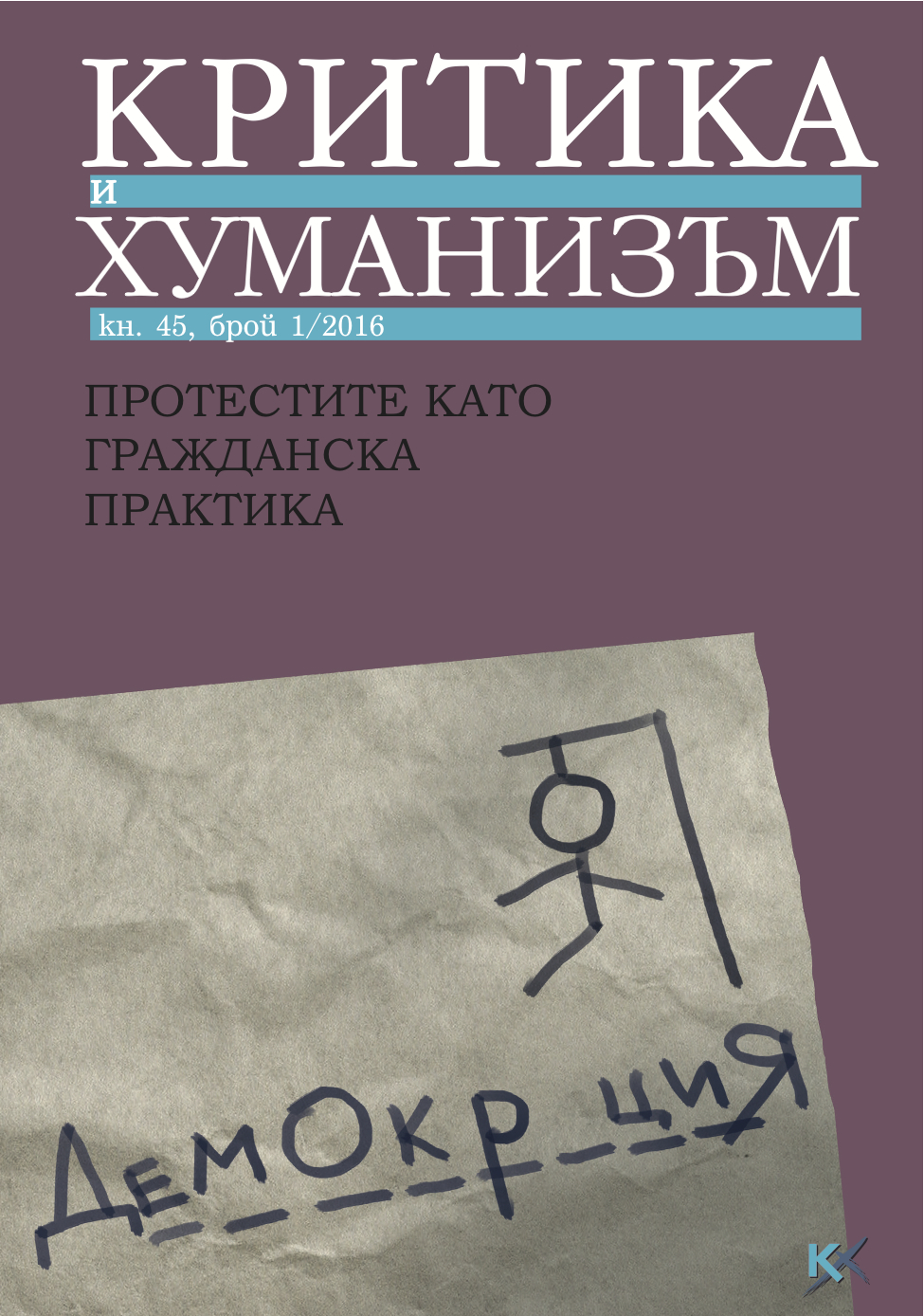Украйна, комунизмът и „декомунизацията”. Скици върху постсъветските политики на паметта
Ukraine, Communism and 'Decommunisation'. On the Post-Soviet Politics of Memory
Author(s): Andrii PortnovSubject(s): Politics, Cultural history, Civil Society, Governance, Political history, Transformation Period (1990 - 2010), Present Times (2010 - today)
Published by: Фондация за хуманитарни и социални изследвания - София
Keywords: Ukraine; communism; Soviet past; Second World War; memory; decommunisation
Summary/Abstract: The article outlines the politics of memory towards the Soviet past in Ukraine in 1991–2015 and shows the origins of presentday ideological debates, political decisions and historiographic controversies. Two competing historical narratives – nationalistic and late (neo)Soviet - co-exist in popular perceptions and state politics of history in Ukraine. Both of them are eagerly instrumentalized by politicians throughout the post-Soviet period of one of the most diverse, pluralistic and ambivalent countries in Eastern Europe. The Euromaidan, the Russian annexation of Crimea and the war in the Donbass region actualized the problems in the attitude towards the complex Soviet past of Ukraine. The victimhood narrative, the removal of Lenin statues, the adoption of the so called ‘decommunisation’ laws and the prohibition of the Communist Party in Ukraine posed numerous questions about the limits of state’s interference into memory and history issues, the correlation between anti-Soviet and anti-Russian political claims, and the future of the regional diversity of Ukraine. The author argues that Ukraine’s diversity does not imply its underdevelopment or a hopeless division into ‘Russian’ and ‘Ukrainian’ parts. He shows also that the ‘Soviet’ label serves as the foremost ‘Other’ in the post-Maidan mainstream political discourse.
Journal: Критика и хуманизъм
- Issue Year: 2016
- Issue No: 45
- Page Range: 149-170
- Page Count: 22
- Language: Bulgarian
- Content File-PDF

